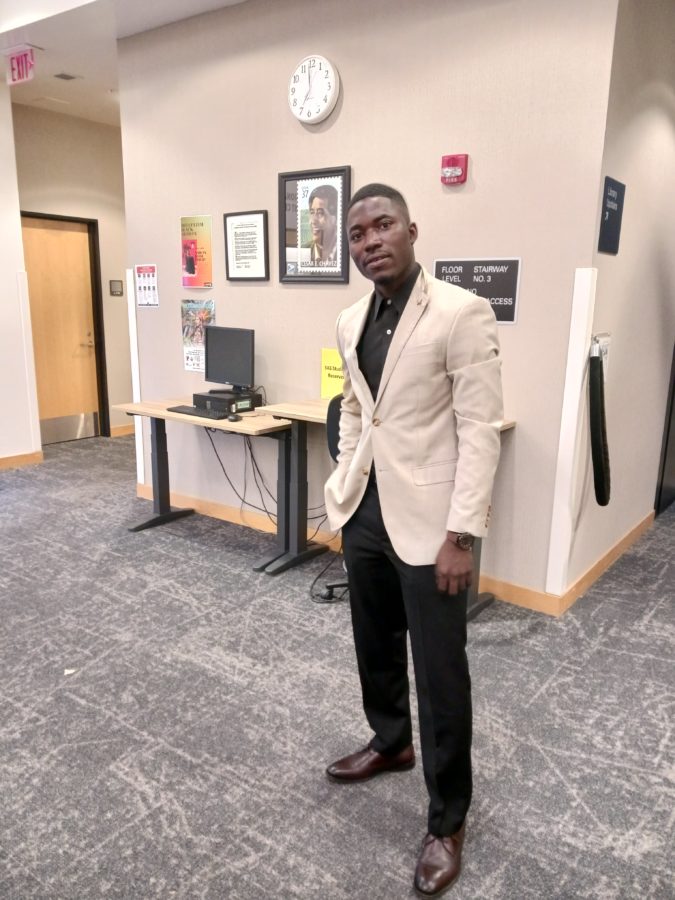San Jose City College has a serious problem with the high rate of students who have experienced and witnessed sexual harassment among their peers.
It is noticeable that sexual harassment, which is unwelcome sexual advances, requests for sexual favors and other verbal or physical conduct of a sexual manner is often confused as being a form of flirting.
Examples of sexual advances would be staring in a sexually suggestive or offensive manner, making sexual comments about a person’s appearance, clothing, or body parts and inappropriate touching, such as purposely brushing up against someone.
The difference between the two is flirting is attention that is wanted. It goes both ways, and both people enjoy it because it does not make them feel uncomfortable.
Sexual harassment is action that is not wanted and makes a person feel bad or uncomfortable.
The problem does not fall into the laps of mature men and women, but of the young boys and girls who roam around campus with an idea that it is OK to walk up to any person they find attractive and assume it is OK to say or do anything.
The constant harassment occurring almost every day gets old quickly and is often ignored or brushed off as flirting.
This is not just a feminist rant only blaming boys because girls also harass.
According to the American Association of University Women website, 62 percent of female college students and 61 percent of male college students report having been sexually harassed in 2010 at their university.
Only 10 percent or less of those student sexual harassment victims report their experiences to a university employee.
Guys and girls will say, “Oh, I’m just a big flirt,” or “That’s just how young people are.” Apparently, these young people are those who constantly say sexual and uncomfortable things to others, and they get away with it.
A solution to this problem is seemingly impossible, and that is mainly because it is the individual who is harassing that has to make the conscious effort to control their actions toward others.
If you are being sexually harassed, don’t be afraid to confront the person. Students have enough on their plates, and having to worry about continual harassment should not be one of them.
Students should also realize they are allowed to tell their teachers, the administrators or the campus police about situations that are making them feel unsafe or uncomfortable. It is actually one of the best things they can do in that sort of situation.
The one idea people need to remember is to think about what you are about to say to another person, and the uncomfortable and awkward encounters will hopefully lessen over time.
- If you are experiencing sexual harassment, contact the campus police at (408) 288-3735.
- Remember that you do not have to tolerate the inappropriate behavior of another person.
- If you notice another person being harrassed, confront the harasser and make them realize that what they are doing is not OK.
- If you are experiencing harassment off campus, contact a trusted friend or family member.






